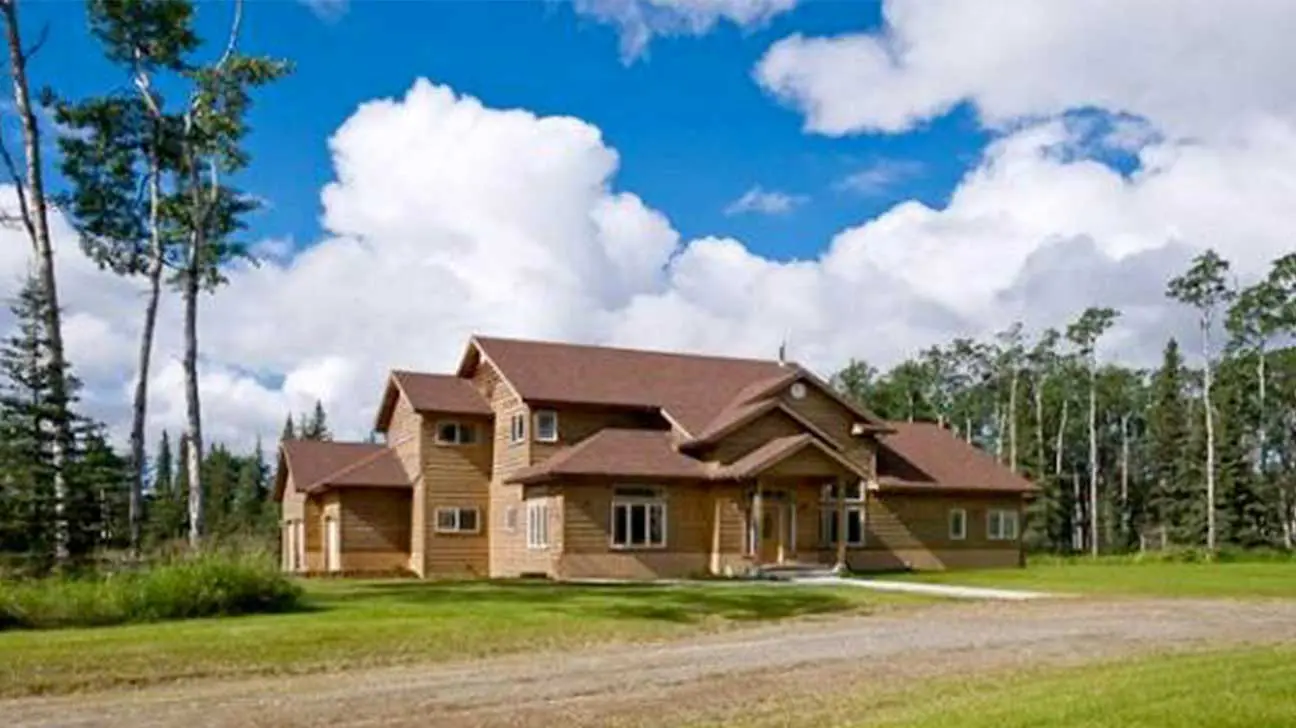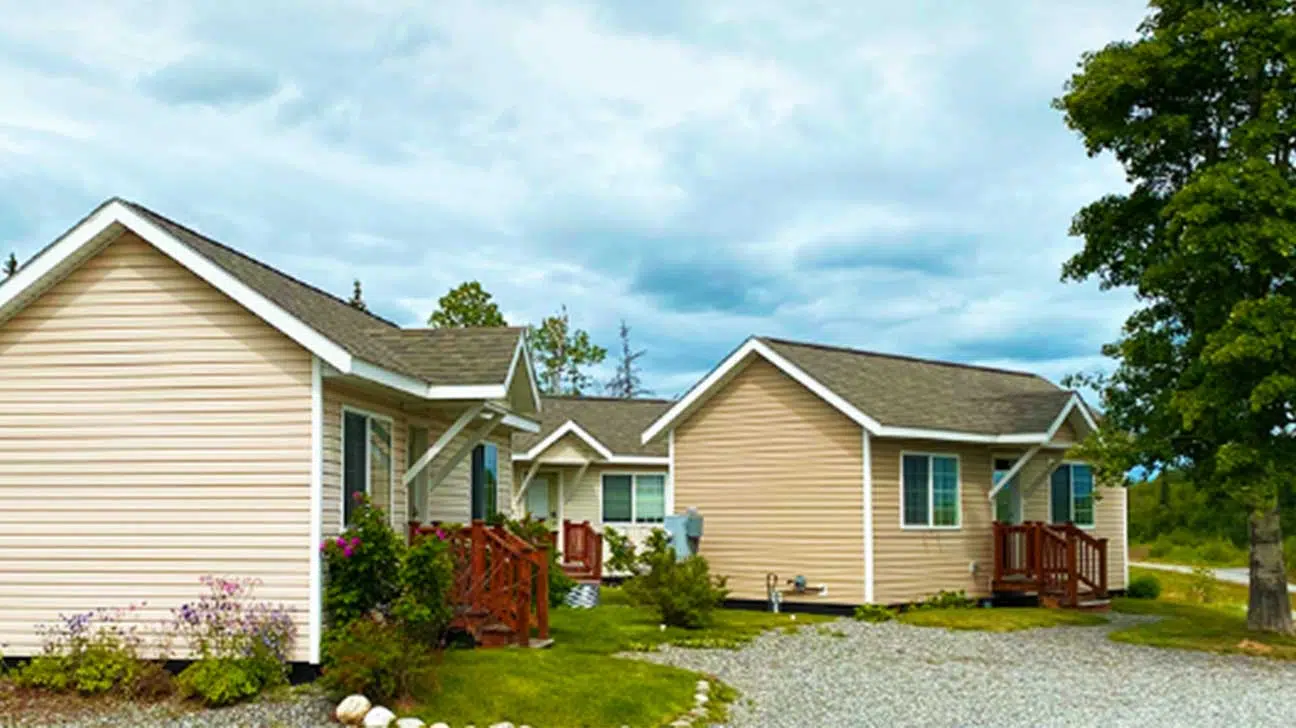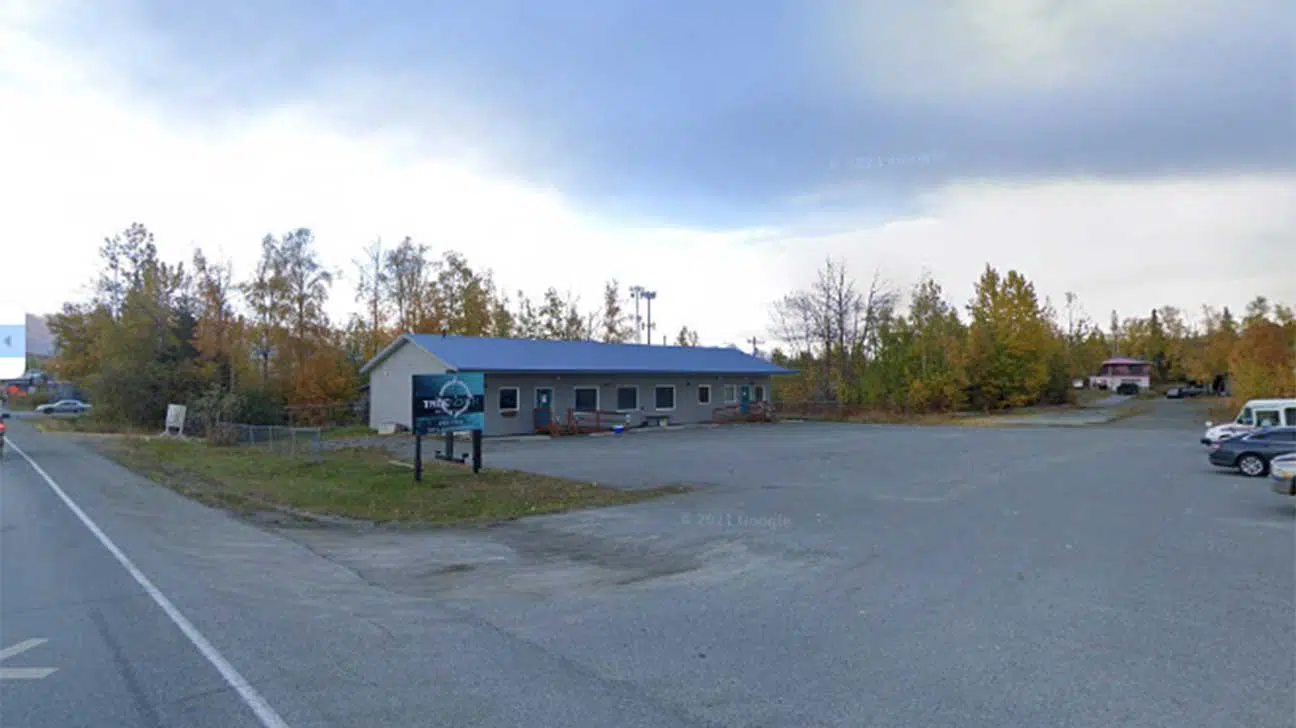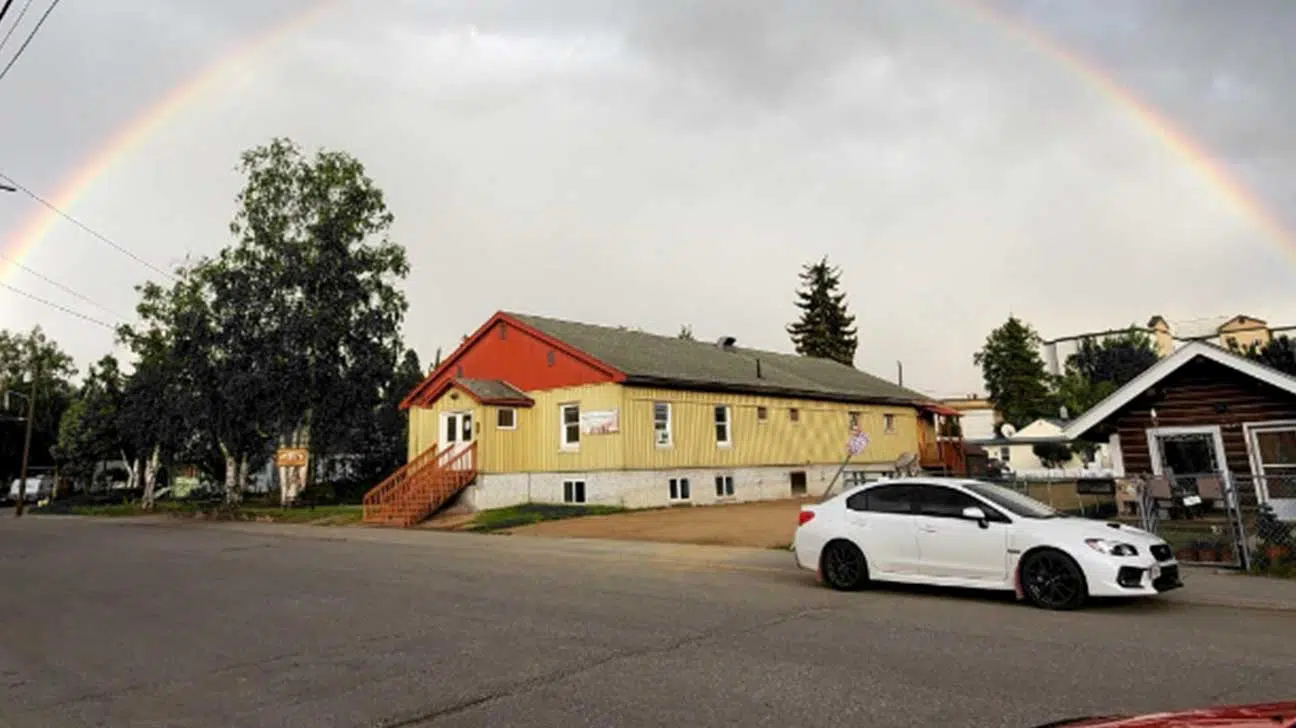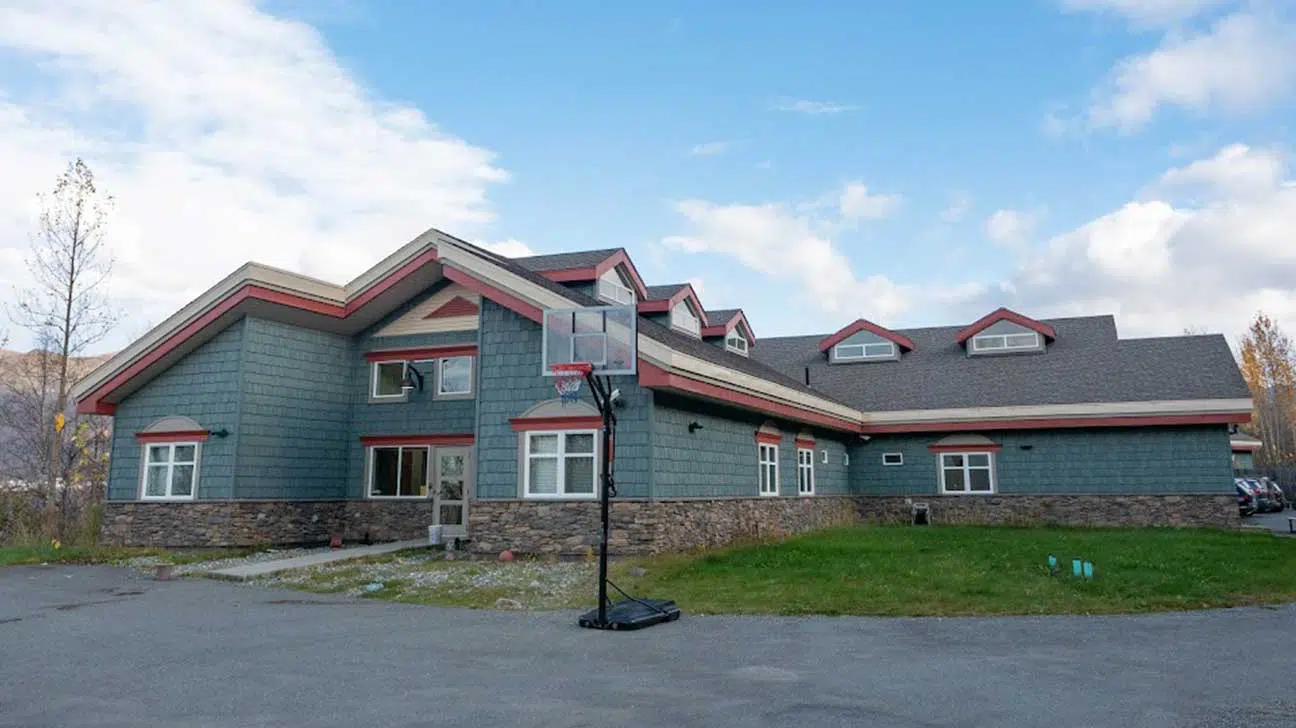
In Alaska, you or your loved one can get mental health and addiction treatment at one of the dual diagnosis rehab centers in the state.
These programs often provide treatment options at varying levels of care, including inpatient and outpatient and other dual diagnosis treatment programs.
List Of Dual Diagnosis Treatment Centers In Alaska
Included in the list below are dual diagnosis treatment centers in Alaska that are accredited, licensed, certified, or have other marks of quality.
1. Ernie Turner Center, Chugiak, Alaska
The Ernie Turner Center is a residential inpatient treatment program provided by the Cook Inlet Tribal Council.
This drug and alcohol rehab program treats people with substance use and/or mental health disorders.
Drug addiction and mental illness treatment services include:
- six months of treatment
- individual counseling
- group therapy for addiction and co-occurring disorders
- case management
This rehab facility has:
- treatment services approved by the American Society of Addiction Medicine (ASAM)
- a 4.3-star Google rating
- accreditation through the Commission on Accreditation of Rehabilitation Facilities (CARF)
Location and contact information:
30881 Eklutna Lake Rd.
Chugiak, AK 99567
(907) 688-1750
2. Serenity House Treatment Center, Soldotna, Alaska
Intensive residential treatment for addiction in Soldotna, AK, offers clients a six- to eight-week stay. Serenity House identifies and treats co-occurring disorders with substance abuse.
Treatment plans may involve:
- family services
- 12-step method
- treatment for underlying mental health conditions
- group therapy
After residential treatment, you may then step down to an intensive outpatient program (IOP) for one to two months of therapy, and finally into the standard outpatient program (OP).
This drug and alcohol treatment center has been awarded Joint Commission accreditation and a Planetree Person-Centered Care designation.
Location and contact information:
245 N. Binkley St.
Soldotna, AK 99669
(907) 714-4521
3. Set Free Alaska, Wasilla, Alaska
Set Free Alaska provides gender-specific residential and outpatient treatment programs for alcohol and drug treatment in Wasilla, AK.
This faith-based recovery center also offers treatment for co-occurring disorders with all of its rehab programs for adults.
Set Free Alaska is a member of the United Way and has positive client testimonials.
Location and contact information:
7010 E. Bogard Rd.
Wasilla, AK 99654
(907) 373-4732
4. Southcentral Foundation Four Directions, Anchorage, Alaska
This outpatient addiction treatment center in Anchorage provides dual diagnosis assessments and substance abuse and mental health counseling, including group counseling for men and women.
Topics for group counseling include:
- relapse prevention
- parenting
- domestic violence
- anger management
- relationships
- emotional regulation
Medication-assisted treatment (MAT), detox, and residential treatment for adolescents aged 13 to 18 years old are also offered at this drug rehab center.
Features here include Joint Commission accreditation, several other awards, and a 4.3-star rating on Google.
Location and contact information:
4000 Laurel St.
Anchorage, AK 99508
(907) 729-6300
5. True North Recovery, Wasilla, Alaska
This addiction treatment program offers an array of outpatient recovery programs for drug abuse and mental health disorders.
Addiction treatment services include:
- outpatient rehab treatment
- intensive outpatient program (IOP)
- treatment of co-occurring disorders
- sober living
- intensive case management
- peer support groups
- aftercare
- mental health assessment and diagnosis
- individualized mental health therapy
- telehealth
Treatment for substance abuse and mental health issues here is supported by positive reviews, evidence-based treatment, partnerships with local organizations, and a 4.1-star rating on Google.
Location and contact information:
591 S. Knik Goose Bay Rd.
Wasilla, AK 99654
(907) 313-1333
6. Turning Point Counseling Services, Fairbanks, Alaska
This treatment provider offers an IOP for people with substance use disorder and concurrent mental health issues.
The 12-week behavioral health services and dependency treatment program in Fairbanks, AK, offers evidence-based treatments.
It also offers alternative treatment approaches, such as brain spotting, naturopathic medicine, equine-assisted psychotherapy, and meditation.
Behavioral health and mental health services here are backed by a 4.1-star Google rating and positive client testimonials
The wellness center also provides individual therapy and family therapy for substance abuse and mental health conditions.
Location and contact information:
315 5th Ave.
Fairbanks, AK 99701
(907) 374-7776
7. VOA Alaska, Eagle River, Alaska
Volunteers of America (VOA) provides multiple youth programs for mental health and substance abuse treatment.
Levels of care include:
- residential treatment at the Adolescent Residential Center for Help (ARCH)
- outpatient services
- IOP
Here, young people can get treatment for addiction and co-occurring mental health concerns at all levels of care to meet their individual needs.
Supporting qualities of this addiction treatment center include:
- accreditation from the Commission on Accreditation of Rehabilitation Facilities (CARF)
- approval by the state of Alaska’s Division of Behavioral Health
- ASAM-approved standards of care
Location and contact information:
8012 Stewart Mountain Dr.
Eagle River, AK 99577
(907) 279-9640
Types Of Treatment For Co-Occurring Disorders At Rehab Centers In Alaska
You can find two basic approaches for treating mental health disorders and substance abuse that occur at the same time: medication and behavioral therapy.
Medication interventions can include MAT for opioid and alcohol use disorders such as methadone or buprenorphine.
They can also include antidepressants, mood stabilizers, and other medications for mental health disorders.
Behavioral therapy interventions for both disorders can include:
- cognitive behavioral therapy
- dialectical behavior therapy
- therapeutic communities
- assertive community treatment
- contingency management
If adolescents are facing dual diagnosis treatment, therapeutic approaches may look somewhat different for them.
Therapy for adolescents may include:
- multidimensional family therapy
- brief strategic family therapy
- multisystemic therapy
How Common Is Dual Diagnosis In Alaska?
In the 2021 Alaska Scorecard, the state admits that it has had challenges meeting the substance abuse and mental health needs of residents.
Between 2018 and 2019, around 21% of residents said they had experienced an onset of mental health disorder symptoms.
Alaska is currently ranked 10th in the nation for adults who binge drink, and the suicide rate is almost twice what it is in the rest of the nation.
Tips For Selecting An Alaska Rehab Program That Offers Dual Diagnosis Care
Here are some tips for selecting a treatment program that addresses co-occurring disorders.
Look for the following features in a dual-diagnosis treatment program:
- level of care: You have both inpatient and outpatient options for co-occurring disorder treatment in Alaska, so choose a program that has the right level of intensity.
- specialized dual diagnosis treatment: Choose a facility that specializes in dual diagnosis and has programs designed specifically for mental illness and substance abuse.
- types of treatment: Many programs use evidence-based treatments, and others incorporate alternative and holistic methods. Decide on the right treatment approach for your recovery.
- payment: Select a treatment facility that accepts your health insurance plan, Medicaid, Medicare, or provides some level of financial assistance if insurance isn’t an option.
- telehealth services: Geography presents a big challenge to treatment accessibility in Alaska. Look for a rehab center that offers telehealth services.
Alaska Dual Diagnosis Treatment FAQs
If you want to know more about dual diagnosis treatment in Alaska, take a moment to review the frequently asked questions below.
Do Alaska Dual Diagnosis Treatment Centers Accept Medicaid?
Medicaid is a health insurance program that is funded by the Alaskan and federal governments for residents who have little or no income.
Some dual diagnosis treatment programs accept Medicaid for substance abuse treatment, but not all of them do. Check with the treatment center that you are considering before moving forward with treatment.
What Co-Occurring Disorders Are Treated At Alaska Dual Diagnosis Treatment Centers?
Commonly treated co-occurring mental illnesses include depression, bipolar disorder, PTSD, and anxiety disorders.
Do All Rehab Centers In Alaska Offer Dual Diagnosis Treatment?
Not all rehab centers offer targeted dual diagnosis treatment. Most facilities provide mental health services, but this is not the same type of care.
Find Dual Diagnosis Addiction Treatment Today
If you or a loved one are battling co-occurring disorders, you can get help today. Call AddictionResource.net to learn more about starting your recovery journey.
Updated on March 31, 2023
Addiction Resource aims to provide only the most current, accurate information in regards to addiction and addiction treatment, which means we only reference the most credible sources available.
These include peer-reviewed journals, government entities and academic institutions, and leaders in addiction healthcare and advocacy. Learn more about how we safeguard our content by viewing our editorial policy.
- DrugAbuse.gov
https://www.drugabuse.gov/publications/drugfacts/comorbidity-substance-use-disorders-other-mental-illnesses#:~:text=Comorbidity%20describes%20two%20or%20more,worsen%20the%20course%20of%20both. - National Institute of Mental Health
https://www.nimh.nih.gov/health/topics/substance-use-and-mental-health - National Library of Medicine: MedlinePlus
https://medlineplus.gov/dualdiagnosis.html#:~:text=Someone%20with%20a%20dual%20diagnosis,you%20emotional%20and%20social%20support. - Substance Abuse and Mental Health Services Administration (SAMHSA)
http://findtreatment.gov

